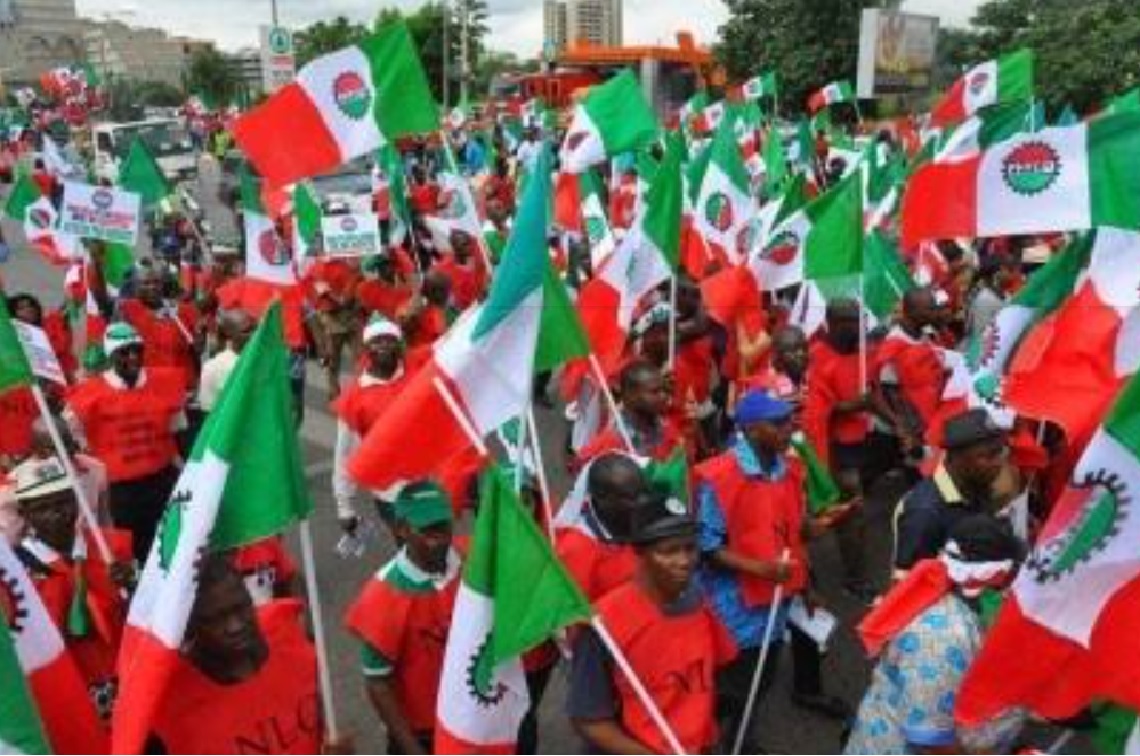Dec 9, 2024, 1:54 AM
New — A Quick Look at the Details of Nigeria’s Tax Reform Bills
The Tax Reform Bill aims to provides an opportunity for further engagements which is healthy for the system.

Culturays
New — A Quick Look at the Details of Nigeria’s Tax Reform Bills

new-a-quick-look-at-the-details-of-the-nigerias-tax-reform-bills
The fiscal system and the tax structure in Nigeria are stifling economic growth. Revenue generation is not sustainable without a conducive environment for growth. Taxation, spending, borrowing and monetary policies are unclear and do not reflect all economic activities to make room for the taxation of income.
This is highlighted by the tax reform committee set up by President Tinubu in its proposals for the 4 controversial bills. They pointed out that the fiscal system critically needs reform in these areas;
Tax Reform Bills in Nigeria 2024
Nigeria Tax Bill: The set principles of this bill are harmonizing identities, taxes, revenue agencies, process & technology, intelligence, audit & reporting. It will ensure sustainability, and eliminate nuisance taxes with very low revenue yield. More so keep the total number of taxes across all levels of government to a single digit. The Nigeria Tax Bill substitutes;
The reform committee provides over 20 proposals for the Nigeria Tax Bill. The VAT reform proposes moderation of inflation and protection of the poor and vulnerable. It aims at ending the imposition of parallel consumption taxes in some states along with VAT which increases the tax burden on the people and contributes to multiple taxation. The reform seeks the discontinuation of all consumption taxes other than VAT. It plans to make VAT Revenue Sharing a Fairer and more equitable model to reflect economic activities.
Joint Revenue Board Establishment Bill: The objectives of the bill will be to harmonise, coordinate and promote the rights of taxpayers. It will establish the Joint Revenue Board, the Tax Appeal Tribunal and the Office of Tax Ombud, for tax dispute resolution.
Nigeria Revenue Service Bill: Address existing challenges regarding the nonremittance of revenues collected by the government and MDAs. It will ensure the harmonisation of revenue administration in Nigeria.
Nigeria Tax Administration Bill: This refers to the establishment of an office to cover assessment, collection, and accounting for revenue accruing to the federation, federal, state and local governments. With the help of technology as proposed by the committee, it will ensure real-time filing of returns.
Nigeria’s economic landscape is a work in progress. The system has been working on recovering, establishing and converting the exchange rate. Reducing the high inflation and the cost of doing business is high on its list of tasks.
Next
Summary
Thu Jul 03 2025
JAMB has offered students the option of resitting the exam after massive low scores due to technical issues. But there are more options on how to use the low scores.
The Nigerian Police has murdered a WAEC student, and there is a mass rage over police brutality again.
Annie and Tuface Idibia’s divorce has more to do with the third season of the YFA show than they are saying. They could be trying to get an audience before the announcement nd release of the next season. It is all for the show.


Christina Ngene
Jan 31, 2025, 5:23 PM

Christina Ngene
Jan 31, 2025, 2:23 PM

Christina Ngene
Jan 25, 2025, 10:51 AM

